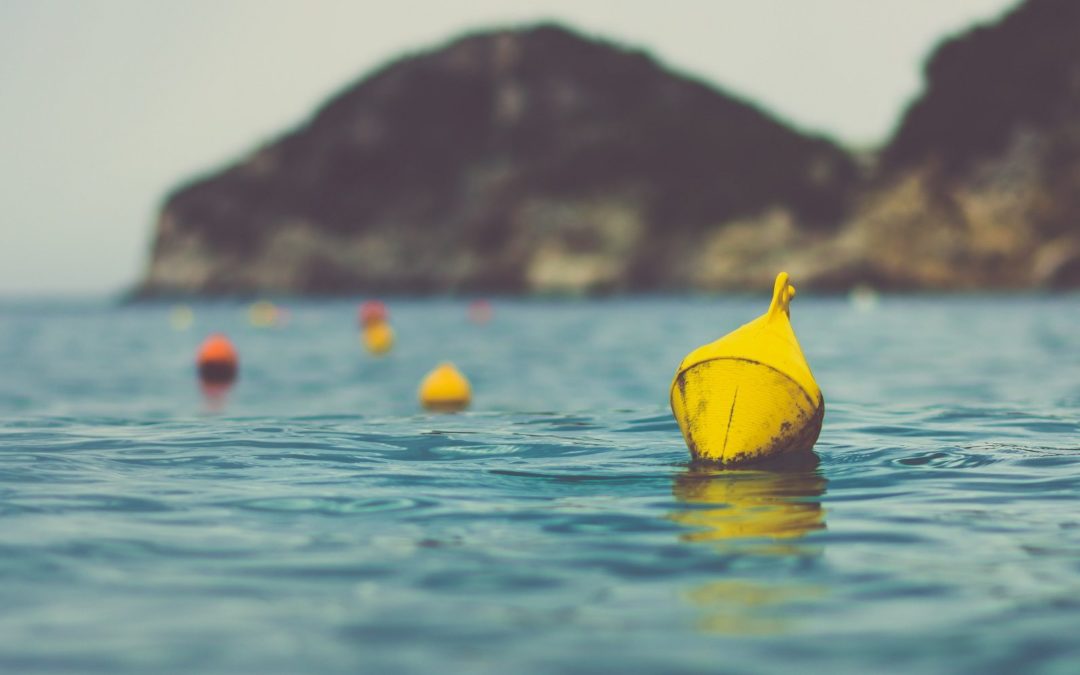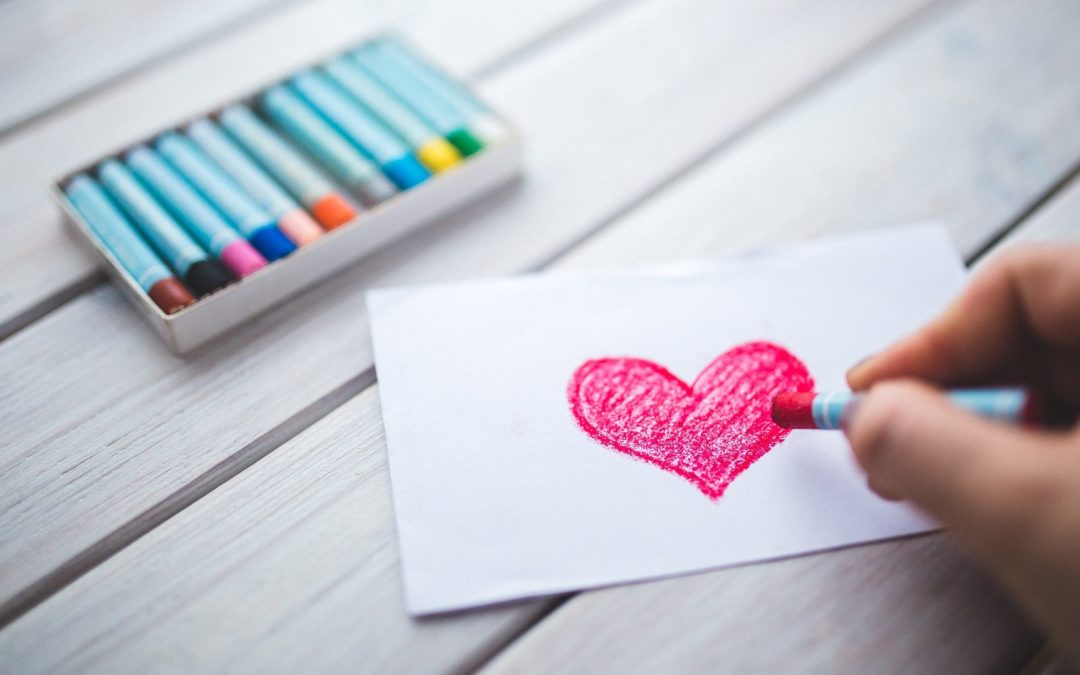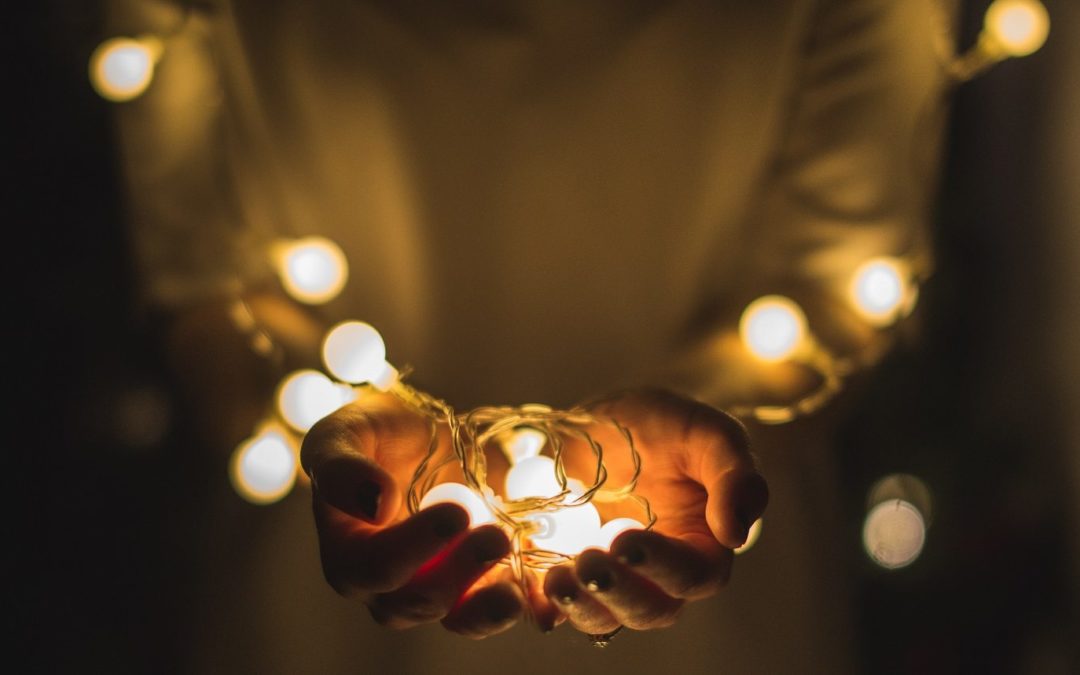
Women’s Bodies Over the Twentieth Century
Women’s Bodies Over the Twentieth Century
‘Civilization is a circle squared . That’s why in civilized societies, women’s lot and Nature’s lot has been such a sorry one. It’s the duty of advanced women to teach men to love the circle again.’
– Tom Robbins, Even Cowgirls Get the Blues
If ever our bodies held secrets like how and why women menstruate; like where our pleasures are located in square millimetres, like what soft spoken miracle melts an ovum and sperm into foetal life, the twentieth century blabbed them all out like a nosy neighbour with nothing better to do.
Once shrouded in mystery and obscurity, women’s bodies in the course of Western culture were put on pedestals, idealised, veiled, and corsetted. Men swooned over bare ankles. A Victorian author upon discovery that women are not spared the baseness of defecation lamented, ‘Oh how I nearly lost my wits, Celia, Celia, Celia shits!’ In Africa, women have always worn their body parts on the outside, swaggering pendulous breasts white men could only conjure up in their imaginations. Yet they too have been pretty much damned by their biology. In history, women who have been lucky enough to escape being burnt as a witch at the stake or dying in childbirth while their husbands either paced corridors or sat around fires, could only count on the utopia of compulsory domesticity and maternity. Or alternatively, a complete descent into madness. Choice and control were not buzzwords in those days.
But times have changed. Modesty and coyness, once the charms of the female sex are passe. Dead and buried is the etiquette that rendered the ‘Rape of a Lock’ of hair a violation of woman’s chastity. The longing to imagine what delicate curves and crevices are hidden beneath a tent of skirts has long since been sated. This century there was a sale on flesh and anyone could purchase a month’s worth of wanking from the local corner cafe, swelling Hugh Hefner’s empire built on beaver shots. Madonna, once an icon of religious sanctity turned up this century as a lascivious pop star with XX-rated fantasies. Virginity, prized by all self-respecting young women, a ticket into marriage, went stale these past hundred years, becoming a neurotic condition far more feared than sluthood.
In the past, women inhabited their bodies in dimensions defined by male needs. Either as the painter’s model, the poet’s muse, the bearer of the master’s seed, the wet nurse to his child, concubine or whore to the gentleman or tribesman, woman, derived from Adam’s rib, has, throughout time been valued for her parts. Cut up into titbits, dismembered into fractions, woman’s bodies have been subject to a romanticized objectification.
In the twentieth century the forces of feminism and technology have teamed up to form a partnership which has stripped the mechanics of our bodies down to the last proton, and radically altered the imperatives of biology.
Feminist consciousness gained momentum this century as a political force. The isolated voices of ‘disgruntled’ spinsters, madwomen and artists coalesced into a rousing blast, unhushing the codes of secrecy around women’s bodies which had kept them deeply misunderstood. In the 1920’s Georgia O’ Keefe painted flowery fannies, and Sylvia Plath scribbled her poetic torment, revisioning women as something more whole than the sum of Picasso’s cubes. In 1935, Virginia Woolf wrote that it would still be decades before women could tell the truth about their bodies. For the secrets and lies that kept women’s bodies mysterious, also kept them powerless and choiceless.
As the consciousness of sexual inequality brewed, truths began to emerge, like earthworms after a rainstorm. Women started to question the biology is destiny curse and to pose immodest questions, like ‘what the fuck about ME?’ Realisations that there was more to life than unmitigated maternity created a powerful shift in the ways women understood their bodies. In 1970 Shulamith Firestone wrote, ‘Pregnancy is barbaric…the temporary deformation of the body of the individual for the sake of the species. Moreover, childbirth hurts… like shitting a pumpkin.’ (The Dialectic of Sex, 188-9, 1970).
Shere Hite, in the same decade embarked on a campaign to resurrect female sexuality in the wake of the Freudian and Masters and Johnson conspiracy which decreed women as sexually passive and hysterical, imagining molestation by their fathers. One might be forgiven for assuming that the clitoris was the invention of the twentieth century. Nestling in a quiet spot, it could not outbrag the phallus. Shere Hite’s research introduced the possibility of the vaginal orgasm and multiple orgasms which posed a David versus Goliath challenge to the pecker because that sneaky little clitoris could bring down the heavens, again and again and again. However these discoveries have not come to the rescue of girlchildren who, in lesser visited tourist destinations, Alice Walker and Pratibah Parma document in Warrior Marks (1993), are still subject to female genital mutilation.
Though pornography is as ancient as the male response to which it panders, it is only recently that the question of women’s arousal (how, what and where) has been asked. Nancy Friday’s collection of women’s sexual fantasies in Women on Top (1991), reflect that women’s internal worlds teem with a libidinous lust, only vaguely interested in penetration by male organs. Female self-gratification is now very much in vogue, and women these days find joy in private collections that not only refer to a range of perfumes, but to latex and plastic object d’arts with switches that do the internal jitterbug, in search of that elusive G-spot. With the decline of the popularity of the penis this century, came the rise in the celebration of lesbianism as more and more women decided that they needed men like a fish needs a bicycle.
This century unequivocally raised the possibility that women’s sexuality is more advanced, more economically packaged and has a longer endurance than male sexuality. No longer unknown to themselves, women’s bodies are now being experienced not only as object, but as subject too. Annie Sprinkle, a modern day porn performer, in the spirit of reclamation of the female body, invites her audience up onto the stage, to take a peek at her cervix through a speculum, not only to ‘demystify the female body, but because it’s beautiful.’
Menstruation, once a conversational taboo, is now the subject of hundreds of commercials advertising the best and most efficient ways of dealing with light, medium, heavy and ‘oh-boy-am-I-bleeding’ flows. Since the marketing of tampons, ‘specially designed by female gynaecologists,’ which expand every which way and can absorb up to a glass and a half, women do not have to give up swimming, dancing or any other activity that requires a padless crotch. The past hundred years have resoundingly confirmed: not only do we shit, but we fart, we bleed, we ache down here.
The 7 Day Writing Challenge
WINGS: Words Inspire, Nourish and Grow the Spirit
What Nature withheld, technological advances this century found ways to take. The Pill in the 60’s, introduced sex without reproduction, so women no longer had to miss periods, attempt back street abortions or get married just cos an itch needed scratching. But what the pill did for women’s sexual liberation in the 60’s, the AIDS holocaust in the nineties has quickly revoked. As it turns out, women are more susceptible to HIV infection than men due to their risk of unwanted unprotected intercourse and the wide surface area of the vagina which acts like a sponge. Virginity until marriage, once scorned in the era of flower power, has made a dramatic comeback as women grapple with how to have fun and survive at the same time. Technology once again scratched its head and came up with the female condom – a sort of genital raincoat that requires a sense of humour and an indifference to squeaking sounds during lovemaking.
Scientific advances have given us mammograms and cervical smears for early detection of female-specific cancers so women can live even longer. And some Goddess-inspired medical breakthrough in the form of epidurals has neutralized the malicious misogynist Biblical injunction of ‘bringing forth children in pain.’ But more women in the past decades, who possibly due to the influences of feminism, did not rush into maternity at the first erect opportunity, are struggling to bring forth children at all. No problem: it is now entirely possible to take a sperm and an ovum out of their homeground and to place them on a blind date in a petri dish and surgically force a marriage. If it is not the raw DNA that is needed, but rather wombspace, surrogate mothers rent out their uterus’s for the period of gestation for a fee. Procreation in these ways have necessitated revisionist versions of the birds and the bees, such as the test tubes and the pipettes.
Medical ingenuity has allowed us a window into the impermeable space of the womb. Lennart Nilsson’s breathtaking book of the 1980’s, A Child is Born brought a camera nose to nose with mitotic cells, developing moment by moment into a foetus. However, these intrusions which allow us to know far more about the unborn than the Almighty ever determined we should, such as early sex detection, have resulted in the abortion of female foetus’s in some countries where boys are still the first prize.
Whilst far more is known about what lurks and gurgles on the inside of the curves and bulges of our flesh, the beauty myths of this century have left us dumber than ever before. In 1959, the debut of the Barbie doll brainwashed generations of girls that to be beautiful was to be nippleless, hairless except for a mane of blonde head hair and to have feet which can only wear high heels. Designed to be round, women have shrunk and starved themselves into twig-like angularity. Unable to shake the obsession with parts, this century saw us going for the burn and developing ‘buns of steel’ to the dulcet tones of Jane Fonda’s home videos. And if sweat does not do the job, there is always the scalpel. Liposuction and plastic surgery have now given us the options of sculpting a tit, carving a thigh, moulding a belly or aligning a konk. Sagging flesh can be trimmed. Shaggy wrinkles can be smoothed out. The only excuse for ugliness these days, it appears, is poverty. Dolly Parton confesses, that ‘it costs a lot of money to look as cheap as I do.’ The slogan of our era ‘You can never be too rich or too thin’ has meant that women this century spend more time looking in the mirror or the inside of a toilet bowl than they do at literature or computer screens. Princess Di, a tragic icon of humanity, hid her bulimia for years behind a stunning wardrobe while she smiled for the camera. Even Black culture, which always favoured the spherical has assimilated this obsession with wormy androgyny. Audre Lorde in her poem Song for a Thin Sister wrote ‘I was so sure that skinny / was funny or silly / but always / white.’ But white has not, in this instance, as in so many others, been right.
In the twentieth century, feminism and technology have blasted open the vaults of mystery and ostensibly created a universe of infinite possibilities for us, through knowledge, as much and more than we ever wanted. But is it knowledge, in the words of Coleridge, that ‘returns again as power’?
The truths we face are that the majority of female bodies on this planet are ravaged by poverty and are subject to some form of gender abuse, whether it be in the form of foot binding, female genital mutilation, rape, domestic violence, dowry related femicides or other cultural practices. And despite the infinite choices the information age has presented the privileged among us, there is still a weeping – for pregnancies unwanted; for unbudgeable infertility; for bodies too thin or too fat; for children born with HIV. The control we have gained has been offset by fragmentation into new states of enslavement in our lives.
The alienation from our bodies has been replaced with an ambivalence – even a contempt borne from familiarity. We may do well to remember that women still live longer, look better and do 90 per cent of the loving compared with the other homo sapiens species on the planet. A dose of forgiveness for a fat bum, hairy eyebrows or a first-born female may bring us closer to the romance with our bodies that is long overdue.
I am still holding out for a few inventions that might swing the balance of power somewhere closer to mid-field. Firstly, an anti-rape device, called ‘The Bobbit,’ to be worn internally like a tampon, that with a squeeze of those pelvic muscles we are told to exercise in preparation for childbirth, neatly snips off any uninvited protuberance. What about an antidote to Viagra, called, ‘Not Tonight, Dear,’ which only allows men to get erections when women want them? And what if the defence budget could be turned into the maternity budget, so that every time a woman has a child, it would be like winning the lottery?
But in an age in which science and anger have exhausted their energies, we need to find new ways to cherish our womanliness. Because despite what we think we know, there is an elusive something that we cannot get online or see through a microscope. Call it the mystery. Call it self love. Without the plumpness of self-integration where women embrace our bodies as extensions of our minds and spirits, the circle Tom Robbins speaks of, will be filled with an emptiness bred from too much soulless information. I am tired of the barren enclaves of self-pity and dissatisfaction that have characterized our history. We need the kind of power that comes from the certainty that without us, the show does not go on. Before we can teach men to love the circle, we have to fill it with love ourselves.




